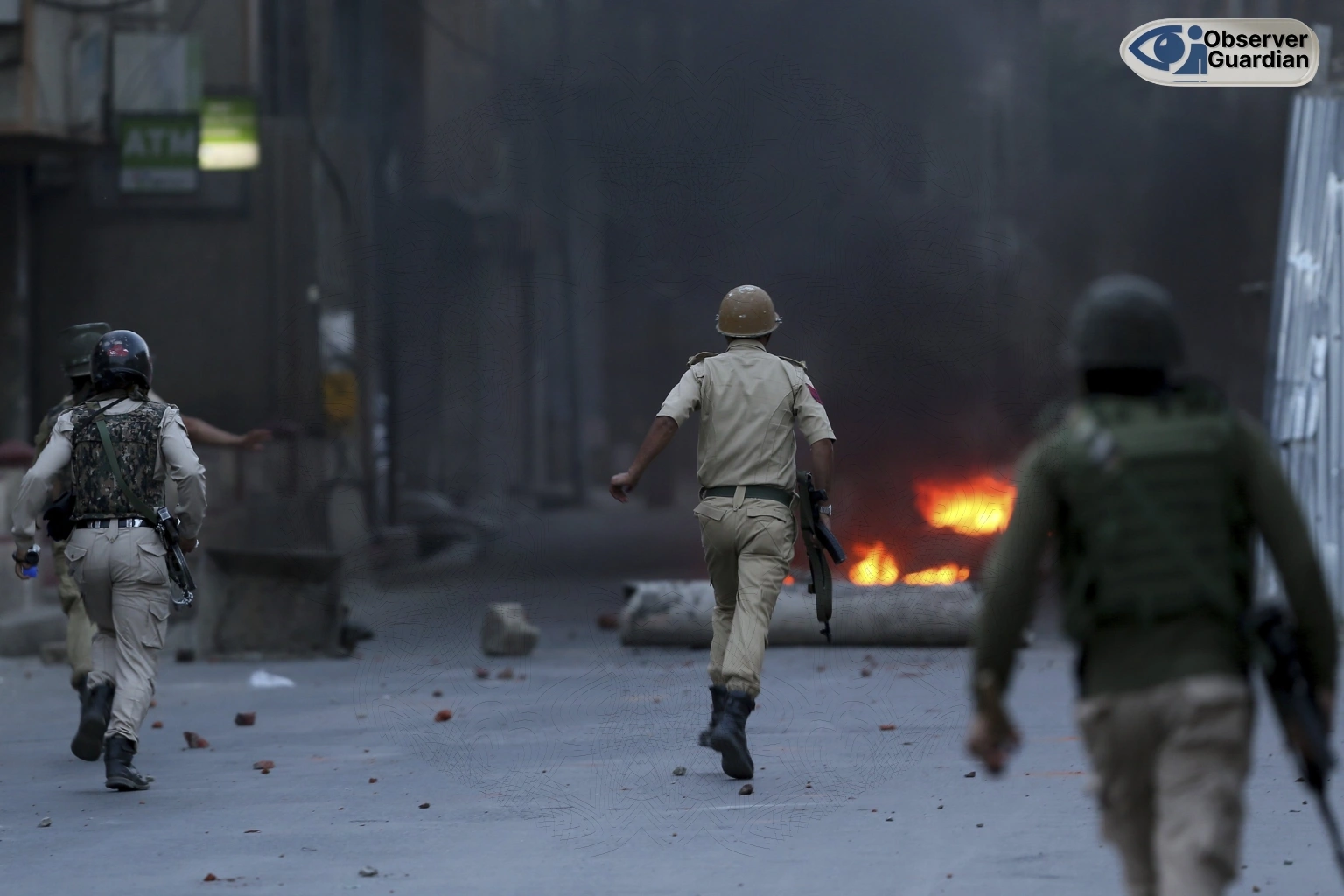The state of Kashmir has been the spot of conflict. The region is of strategic importance. It is brought with decades of human rights violations, fear and alienation. Kashmiris find themselves in the middle of clash of ideas, militarization and nationalism.
The more apparent Kashmir in the international media is in the Indian side. Ever since the eruption of the insurgency in 1989, the Valley has been one of the highly militarized regions in the world. Nearly 900,000 soldiers guard a territory less than the size of many countries or provinces. Not only is this presence overdone, but oppressive as well. It is the bombastic dictate of the Indian security establishments functioning under the cover of the Armed Forces Special Powers Act. Civilian people are subjected to random arrests, torture and even unlawful execution. Spreads of fake encounters and mass graves are testimony to how regular violence has become.
Neither women nor children have been spared. There is sexual violence that has been employed as a form of intimidation. Pellet guns have blinded and certainly maimed thousands of young people. The media is harassed and censored when attempting to report such abuses. Even nonviolent protests are countered with surveillance, curfew and violence. The society has been brought up without the freedom of expression and a constant sense of insecurity.
The decision to revoke Article 370 of the Constitution of India back in August 2019 proved decisive. This deprived Jammu and Kashmir of its balance of statehood and divided the state into two union territories. It was an integration process to the government in New Delhi. To Kashmiris it meant erasure. Thereupon Internet blackouts, travel bans, and arrests of political leaders were performed. This increased the ability to make new land laws as well as domicile laws which the Kashmiris fear may create demographic shift. Experience of local democracy appeared to wink out of existence.
The cause behind this policy is the Hindu nationalism or Hindutva. It conceptualizes India as a Hindu nation and raises doubts over the Muslims. In this context, Kashmir does not belong to millions of people as a country to live in but a token of patriotism. Mostly in Indian discussion, the Valley has been described as paradise and a danger. Its beauty can be seen and appreciated however its Muslim-majority population is characterised as disloyal or dangerous. Such opinions explain why they consider high militarization and the neglect of human rights to be justifiable. They also contribute to alienation, which makes reconciliation more difficult.
Making the issue worse is the silence of the international community. The global powers either consider Kashmir a bilateral matter or keep it aside because of strategic reasons. Accounts by human rights groups exist but these are seldom effective in dictating policy. Kashmir has not been subjected to the world outpouring that has been given to other situations in Palestine and Hong Kong. Impunity exists without the maintenance of international attention.
It is not only territory at stake but the dignity of the human being. Kashmiris have asked themselves to be given political voice, the right to speak and fundamental rights. There are by far too many that cannot be categorized as India or Pakistan. They have varying voices. Some refer to the need of independence, others to autonomy, others to peace at all costs. These voices are usually lost through nationalist rhetoric and military strategies.
The next step should start with Kashmiris listening to Kashmiris. Solutions which are imposed by New Delhi can only cause resentment. The short-term solution must be to stop impunity. Laws that protect the security forces should be overturned. There should also be freedom of the civil society. Press people must write without fear.
Kashmir has long been the symbol of two states pride and a source of pain and agony to its people. It is high time to define the priority in terms of earth and people. The war is not going to be chucked overboard in the night, but appreciation of human rights is something that can start now. The solution lies in the empowerment of the masses and not attempts to control them in order to stop the violent cycle. With a lack of this shift, the story of Kashmir will remain a tragedy and the vows of democracy on either side will bear no sound.
Disclaimer: The views and opinions expressed in this article are exclusively those of the author and do not reflect the official stance, policies, or perspectives of the Platform.







